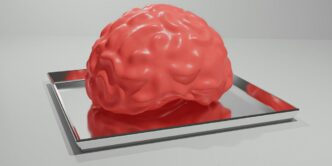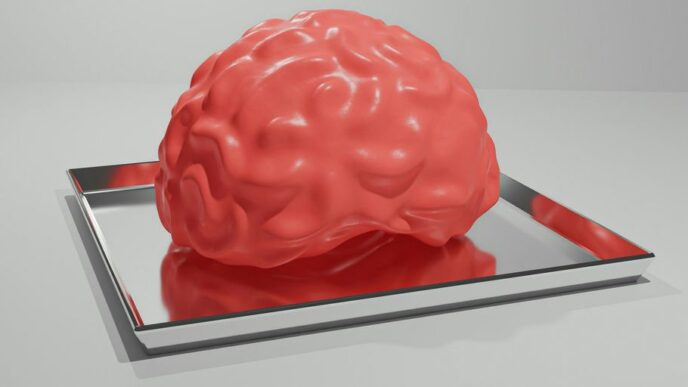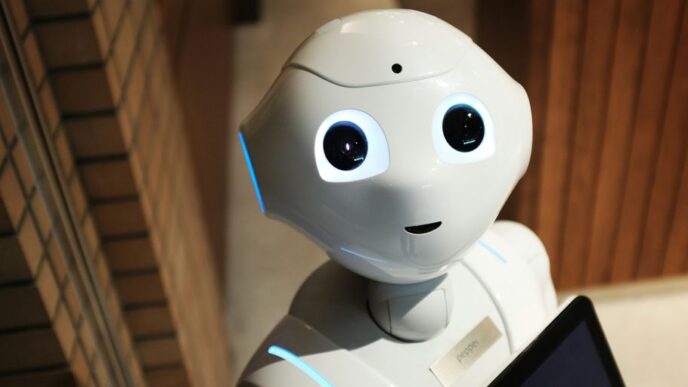Welcome to the age of Artificial intelligence (AI) where technology is changing our lives in ways we never thought possible. From self-driving cars to virtual assistants, AI has transformed various industries and continues to do so at an astonishing pace. In the world of hospitality, AI has taken center stage with property management systems (PMS) being revolutionized by this cutting-edge technology. With hotels around the world looking for innovative solutions to streamline their operations and enhance guest experiences, it’s no surprise that PMS with AI are gaining popularity. In this blog post, we’ll explore how AI is changing the hotel industry and why PMS with AI are becoming increasingly important for hoteliers looking to stay ahead of the curve. So sit back, relax and let’s dive into the future of hotel property management systems!
What is a property management system (PMS)?
A property management system (PMS) is a software application created to help hoteliers manage their daily operations efficiently. PMS can include various features such as room reservations, guest check-in and check-out, inventory management, billing and accounting, housekeeping schedules and more.
By using a PMS, hotels can automate many of their processes that were previously time-consuming and prone to errors. This helps improve staff productivity while enhancing the guest experience by providing timely service.
Moreover, PMS provides real-time data on occupancy rates, revenue per available room (RevPAR), and other key performance indicators (KPIs). By analyzing this information in detail through the use of AI-powered tools like machine learning algorithms or predictive analytics models; hotels can make informed decisions about pricing strategies or marketing campaigns.
In short, PMS empowers hotels to streamline their workflow while staying on top of industry trends. With new advancements in technology like artificial intelligence being integrated into these systems; it’s clear that the future of hotel property management is bright!
How artificial intelligence is changing the hotel industry:
Artificial intelligence (AI) is transforming the hospitality industry, including hotels. AI-powered chatbots are now being used to provide personalized customer service to guests who can interact with them in real-time via messaging apps. The implementation of this not only enhances the quality of the guest’s stay but also lightens the workload of the hotel personnel.
Apart from that, AI is now widely used for room allocation and pricing strategies as it allows hotels to analyze data on occupancy rates, booking trends and competitor pricing more accurately than traditional methods. By doing so, hotels can optimize their revenue streams by offering competitive prices while maintaining profitability.
Moreover, voice-activated assistants such as Amazon’s Alexa or Google Home have also found their way into hotel rooms. They can perform tasks like turning lights on/off or ordering room service just by using voice commands given by guests. This makes the stay much more comfortable and convenient for guests.
Facial recognition technology has been introduced at some hotels which helps identify VIPs and loyal customers automatically upon arrival without requiring any manual identification process thereby enhancing overall guest experience.
These advancements in AI technology are revolutionizing how hotels operate while providing an enhanced level of comfort and convenience to their guests.
The benefits of using a PMS with artificial intelligence:
The benefits of using a PMS with artificial intelligence (AI) are numerous and significant. AI-powered PMS can help hotels automate many tasks, streamline operations, and improve guest experiences. Here are some specific benefits:
Firstly, an AI-powered PMS can help hotel staff manage guest data more efficiently. With real-time insights into customer needs and preferences, hotels can tailor their services to each individual guest.
Secondly, AI algorithms in PMS systems can analyze large amounts of data from various sources such as booking patterns or seasonal trends to forecast occupancy rates accurately. This information helps hoteliers optimize pricing strategies for maximum revenue.
Thirdly, AI-powered chatbots integrated within the PMS allow guests to interact with the hotel’s virtual assistant at any time during their stay without having to wait for human assistance. This feature enhances guests’ experience by providing prompt responses while reducing workload on hotel staff.
One of the most notable advantages is that it frees up employees’ time by automating repetitive administrative tasks like check-in/out processes or room assignments so they can focus on delivering excellent customer service instead.
Implementing an AI-Powered Property Management System has many benefits that ultimately lead to higher profitability through increased operational efficiency and improved customer satisfaction levels.
The challenges of using a PMS with artificial intelligence:
While the integration of artificial intelligence (AI) into property management systems (PMS) has brought many benefits to the hotel industry, it also presents some challenges. One of the major difficulties in using PMS with AI is data privacy and security.
As PMS handle sensitive information about guests such as their personal details and payment information, it’s crucial that hotels protect this data from cyber attacks and breaches. With AI’s ability to collect vast amounts of data, there’s a risk that sensitive guest information could fall into the wrong hands if not properly secured.
Another challenge faced by hotels using PMS with AI is ensuring accuracy in decision-making processes. While AI can help automate tasks like forecasting demand or setting prices based on market trends, errors can occur if incorrect or insufficient data inputs are fed into the system.
Moreover, implementing a PMS with AI requires significant investment in terms of time and resources. It involves training staff to use new technology effectively and ensuring seamless integration between different systems used within a hotel.
Despite these challenges, forward-thinking hotels are recognizing the importance of embracing technology advancements like AI for long-term success in an increasingly competitive industry. By understanding these challenges upfront and addressing them proactively, hotels can better leverage PMS with AI to enhance their operations while mitigating potential risks.
What is the process for selecting the appropriate PMS system for your hotel?
Selecting the perfect PMS for your hotel is a crucial decision that can significantly impact your business operations. With countless options available, it’s essential to find a system tailored to fit your unique needs.
First and foremost, consider the size and type of your property. A smaller boutique hotel may require different features compared to a large resort or chain. Ensure that the PMS you choose is scalable and adaptable as your business grows.
Evaluate the specific functionalities you need in a PMS – from reservations management, check-ins/check-outs, housekeeping management, billing, reporting capabilities etc. Make sure it integrates seamlessly with other systems like booking engines and channel managers.
Additionally, prioritize user-friendliness since both employees and guests will interact with this system regularly. Opt for solutions with intuitive interfaces and accessible customer support should any issues arise.
Cost-effectiveness matters: compare various pricing models offered by different vendors while considering features provided within each package. The best choice would strike an ideal balance between affordability without compromising on quality or functionality.
Conclusion
To sum up, the future of hotel property management system (PMS) is undoubtedly tied to artificial intelligence. With AI’s ability to automate and streamline daily tasks, hotels that embrace PMS with AI stand to benefit greatly from increased efficiency, cost-effectiveness, and superior guest experiences.
However, it is essential for hoteliers to understand that integrating AI into their operations comes with its own set of challenges. To ensure a successful implementation of an AI-powered PMS solution in your hotel business, you must carefully consider factors such as budget constraints, staff training requirements and data privacy issues.
Investing in the right PMS solution can be daunting for any hospitality organization. Still, by evaluating features such as scalability and flexibility alongside the potential ROI on productivity gains enabled by automation technology like machine learning or natural language processing (NLP), hotel owners can make informed decisions about which solutions are best suited for their unique needs.
As we’ve seen throughout this article: The use of artificial intelligence has revolutionized how hotels manage their properties through Property Management Systems (PMS). However – it’s important to recognize both opportunities and risks associated with adopting new technologies within hospitality industry context if one wants success when implementing these cutting-edge tools effectively!













